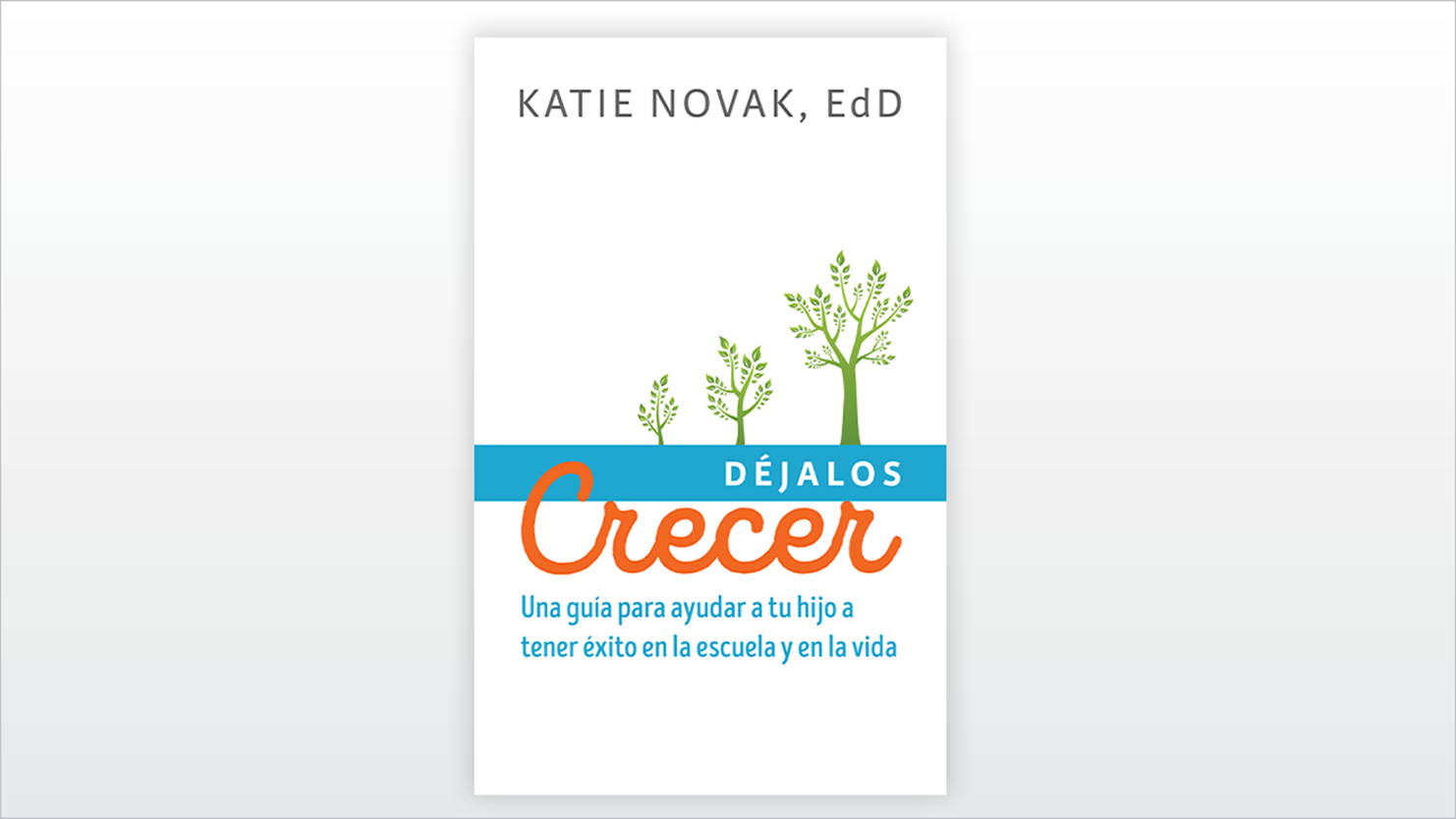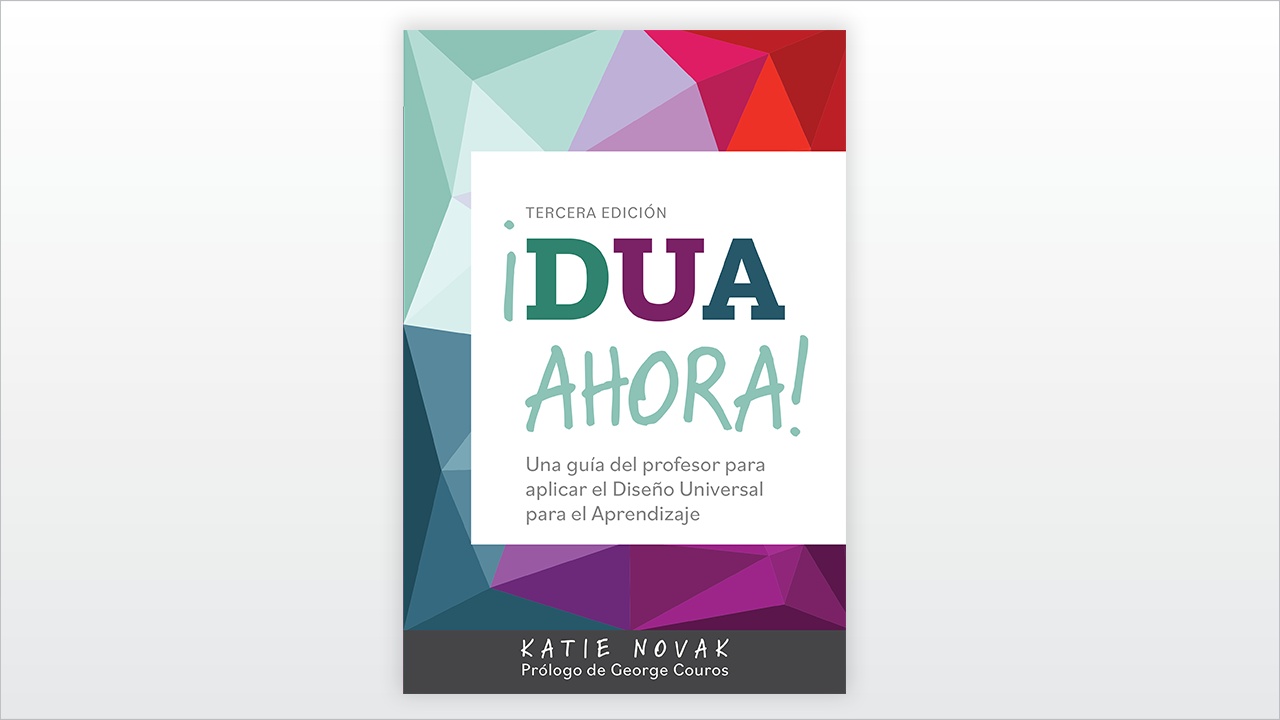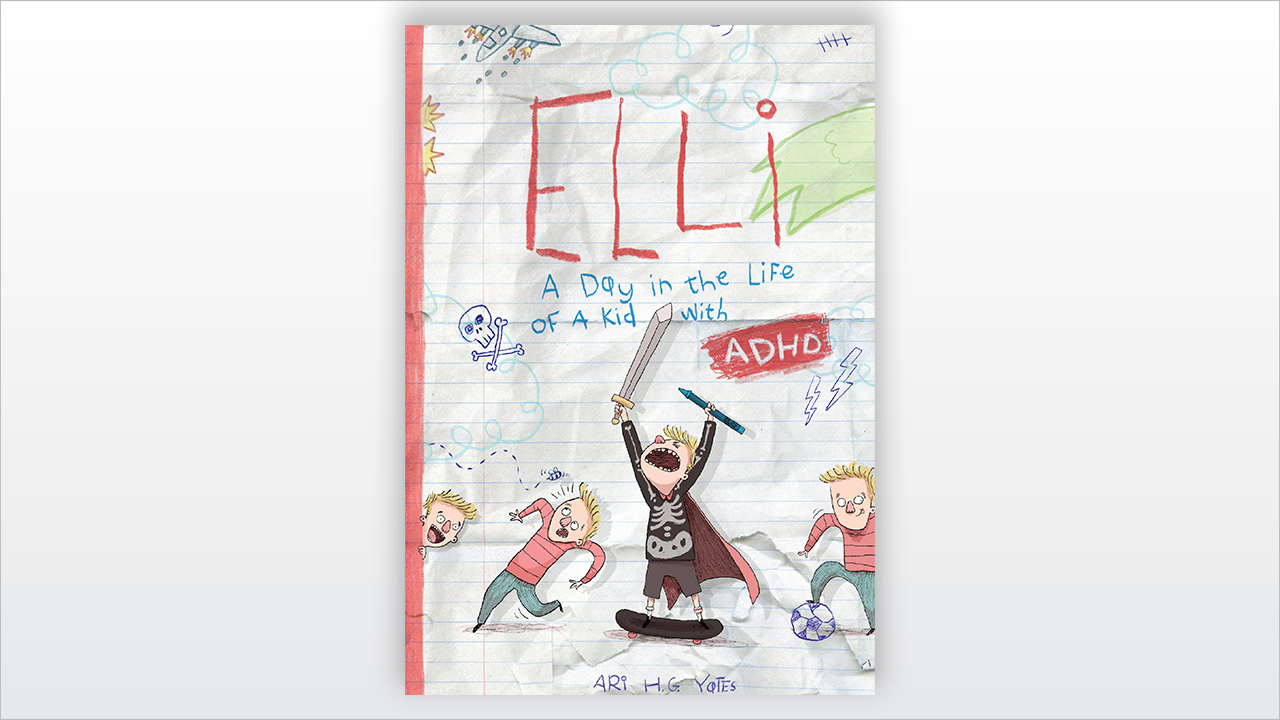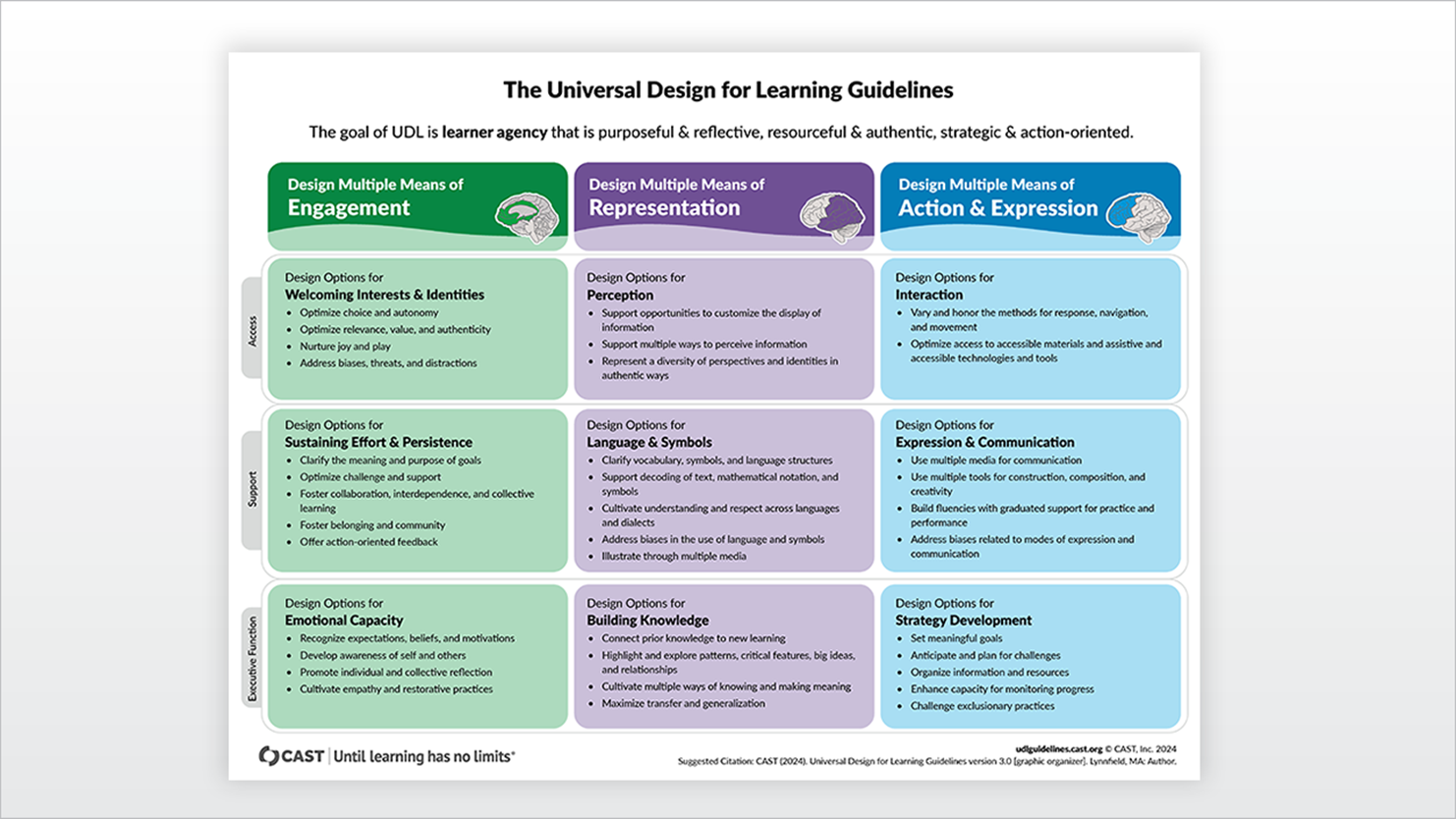La autora de bestsellers Katie Novak regresa con un atractivo manual de DUA para padres, que muestra cómo apoyar y defender oportunidades de aprendizaje que aprovechen las fortalezas e intereses de sus hijos.
Déjalos Crecer le presentará las estrategias más efectivas para apoyar a sus hijos, basadas en investigaciones y mejores prácticas en ciencias del aprendizaje. ¿Por qué es importante? Porque, como escribe Katie en su introducción, “es porque, como padres, podemos usar toda la ayuda que podamos obtener. La crianza de los hijos es un trabajo agotador y, a veces, ingrato, pero también es el trabajo más gratificante del mundo cuando hacemos las cosas bien. Aunque nuestros hijos son muy diferentes unos de otros, todos trabajamos hacia el mismo objetivo: niños que crecen para ser adultos felices y exitosos.”
Déjalos Crecer está disponible en los formatos rústica ($15.00, ISBN: 9781943085347) y de EPUB accesible ($15.00, ISBN: 9781943085170).
The English version, Let Them Thrive is also available from CAST.
Table of Contents
- Prólogo de Paula F. Goldberg
- Capítulo 1: Diferentes niños, diferentes tamaños
- Capítulo 2: Activar el cerebro para que pueda aprender
- Capítulo 3: El valor de la variabilidad
- Capítulo 4: Poder elegir no es solo agradable, es necesario
- Capítulo 5: Lo que los maestros enfrentan
- Capítulo 6: DUA en acció
- Capítulo 7: Elevar esas expectativas
- Capítulo 8: Un llamado a la acción
- Notas
- Para más información
- Agradecimientos
- Sobre los autoras
In an engaging and conversational voice, Novak shares valuable tips about how parents can become informed partners in the effort to improve education for all learners, especially those with disabilities. She offers specific classroom-based examples of how teachers can customize their lessons to meet individual students’ needs. Throughout the book, she makes the case for why parents and caregivers are so important to this process. ”
Universal design for learning (UDL) is an elegant framework for addressing the quite natural differences among learners in curriculum design. In this highly readable book, Katie Novak lays out UDL principles and practices in a plainspoken and useful way, showing how inclusive education really works in the classroom and at home. ”
While Universal Design for Learning has changed how many educators think about teaching students with disabilities, Let Them Thrive brings UDL’s inclusive message to a broader, general-education audience. This is a very useful tool for helping parents understand UDL and explain it to educators, administrators, and policymakers. ”
An often engaging guide … the book’s bright metaphors, sample lessons, and anecdotes will make the UDL method appealing, even to readers with no teaching experience. ”



